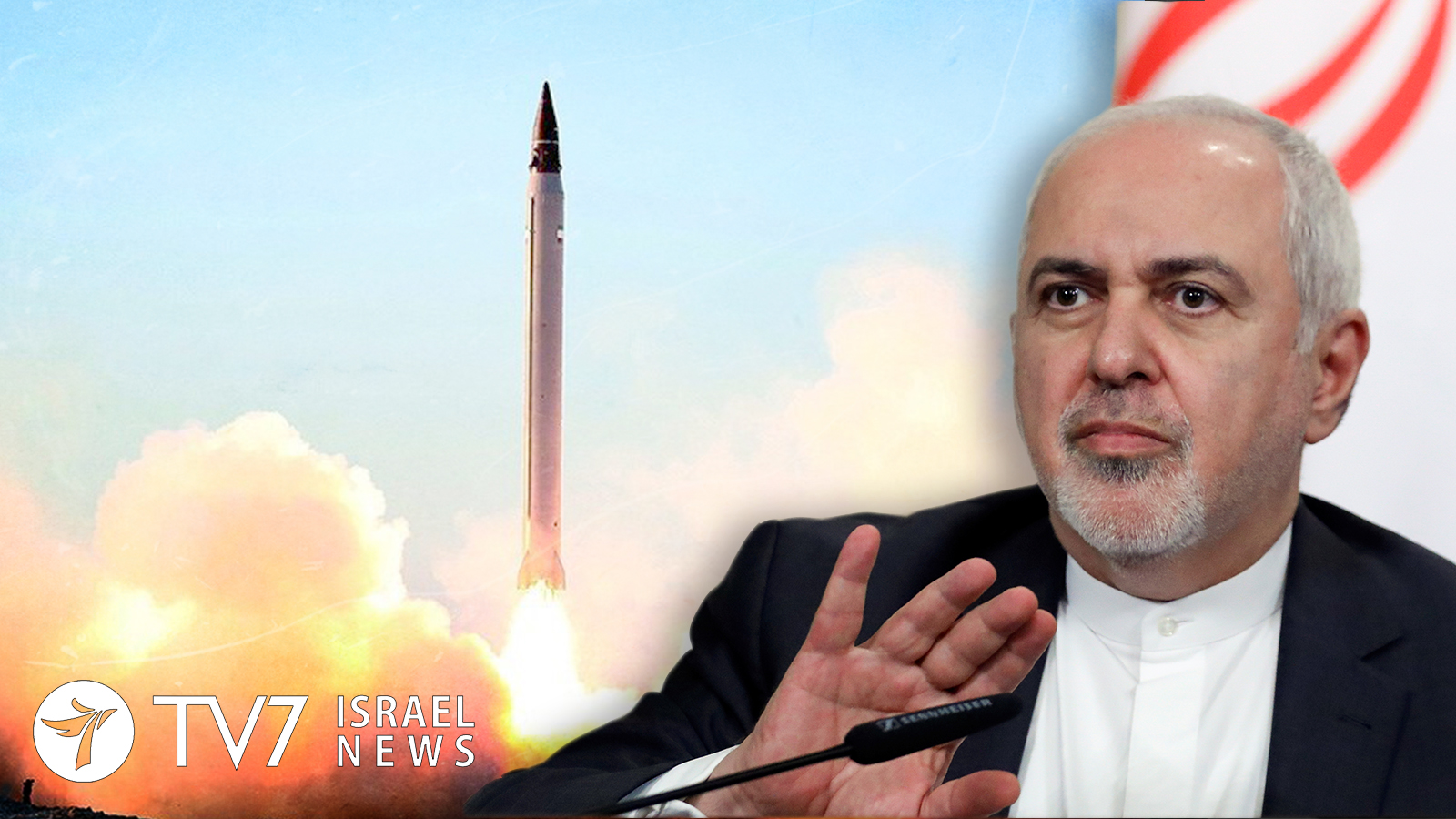The Islamic Republic of Iran has formally ceased all of its commitments under the Joint Comprehensive Plan of Action (JCPOA) on nuclear research and development.
Foreign Minister Mohammad Javad Zarif sent a letter to European Union Foreign Policy Chief Federica Mogherini to inform her of the decision. Ministry spokesman Abbas Mousavi insisted in a press briefing that ‘Iran’s decision to backtrack on its nuclear commitments to the international community does not constitute a breach of the 2015 agreement, but that it rather activated a dispute mechanism resolution foreseen in the JCPOA after the 2018 U.S. withdrawal and Europe’s inability to help the Ayatollah regime benefit from the deal.’
Furthermore, Mousavi underscored that his nation could reverse its decision and fully implement the nuclear agreement if the other signatories, which include Russia, China, France, Britain, Germany – and the United States- would also meet their commitments.
Iranian Foreign Minister Zarif, who is currently on a state visit to Indonesia, sought to downplay his country’s nuclear-related measures by lambasting Washington for its re-imposition of sanctions, which he denounced as “illegal restrictions” and “economic terrorism, because they target ordinary Iranian citizens.” Iran’s top diplomat also blatantly blamed Europe for its failure to alleviate the Islamic Republic’s economic distress through “implement(ing) their part of the bargain.”
Minister Zarif further insisted that the moment the United States would once again adopt the JCPOA, which U.S. President Donald Trump defined as the worst deal ever made, the Ayatollah regime is prepared to redress its own non-compliance. Zarif stressed, “We have said repeatedly, that the minute they (U.S.) come back into compliance, we are prepared to redress the temporary measures that we have taken, in order to remedy the noncompliance that they’ve had with the JCPOA.” He went on to say, “we also, like our Indonesian friends, call on everybody to fully implement JCPOA and Security Council Resolution 2231, which rests on two premises: Iran’s nuclear program remaining peaceful and normalization of economic relations with Iran.”
He concluded his remarks, saying, “Unfortunately, the United States not only doesn’t normalize its own economic relations with Iran but punishes others for normalizing economic relations with Iran, which is totally unacceptable.”
It is imperative to mentioned that United Nations Security Council Resolution 2231, which endorses the JCPOA, is the same document that calls upon Iran in Annex B, Paragraph 3 “not to undertake any activity related to ballistic missiles designed to be capable of delivering nuclear weapons, including launches using such ballistic missile technology.”
Despite that clear demand, the Islamic Revolutionary Guards Corps (IRGC) has firmly rejected any internationally-imposed restrictions on the basis Iran requires the ballistic missiles program it operates for self-defense. As such, the IRGC has conducted multiple tests of “ballistic missile technology” identified by Western security agencies as “capable of delivering nuclear payloads.”
One intelligence official, who frequently speaks with TV7 on condition of anonymity, underlined that many of the missiles possess a greater than 2,000 kilometer range, recognized internationally as intended for “offensive purposes.”
